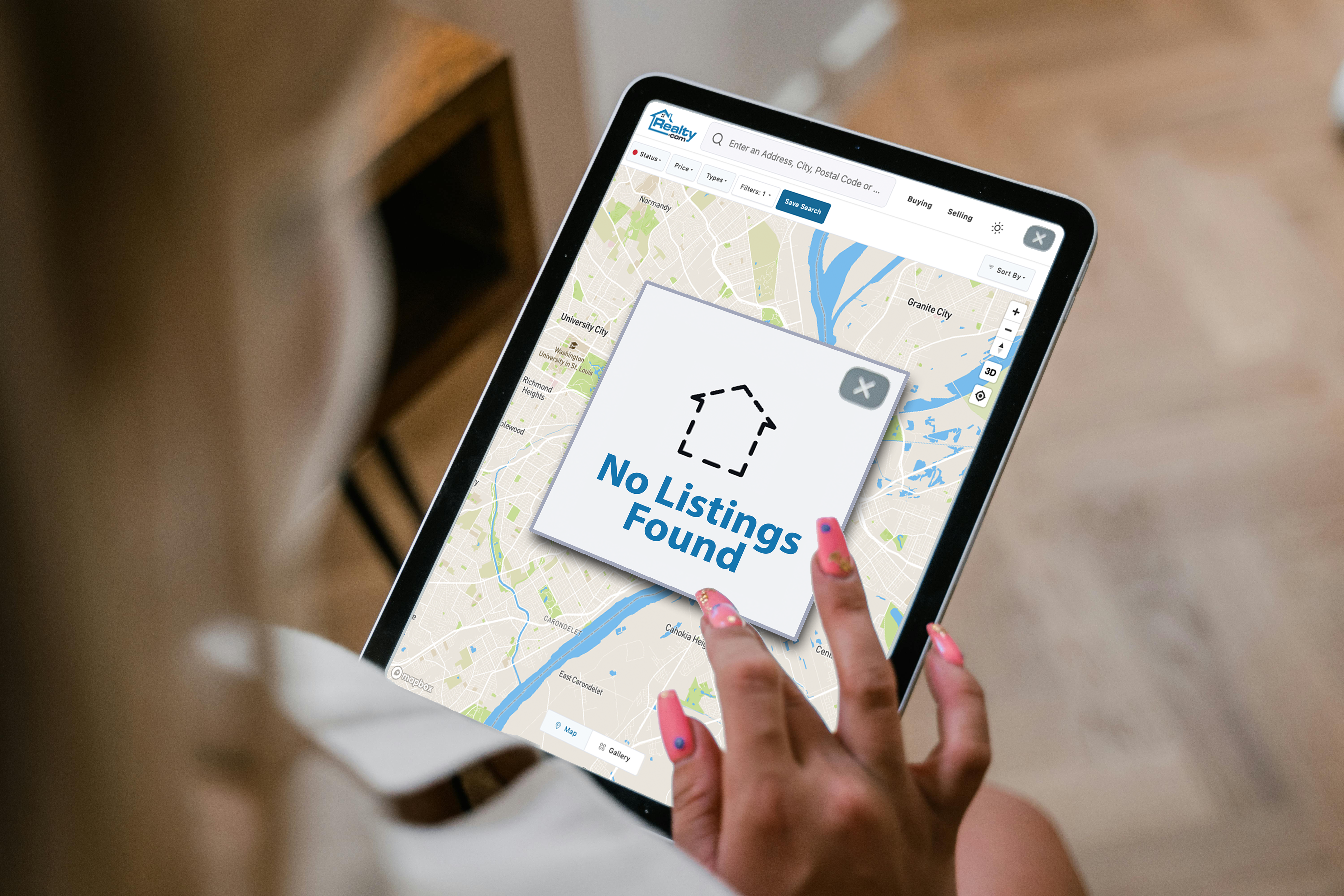Hidden Listings? Why You May Not See Every Home for Sale...
If you’re shopping for a home right now, you might be under the impression that platforms like Zillow, Trulia, and your agent’s MLS feed are showing you everything available. But a new trend in real estate—called “Delayed Marketing”—is quietly changing that.
Some brokerages are now encouraging listing agents to intentionally hold new listings off public platforms for a period of time. They claim this strategy gives sellers more control, allowing them to "tailor" their marketing approach and gauge interest before going fully public. But for buyers, this shift could be problematic—and many experts are sounding the alarm.

What's Behind the “Delayed Marketing” Strategy?
The National Association of Realtors (NAR) has introduced what it calls “New Flexibility for Sellers” under its Clear Cooperation Policy—a rule that previously required listings to be shared publicly within one business day of being marketed. Now, under the new guidelines, listings can be temporarily withheld from public view, creating a kind of "soft launch."
While this may seem like a smart play for sellers, here’s what buyers need to know:
🚫 1. Limited Access to Inventory
Delayed listings aren’t visible on public portals like Zillow or Trulia right away, meaning you could be missing out on homes that are technically "for sale" but not yet advertised to the broader market. Your dream home might be listed—but invisible.
🔍 2. A More Fragmented Market
With different agents and brokerages choosing when and where to market listings, the system becomes less centralized and more confusing. Buyers may have to work harder, check more places, and rely heavily on insider information to get the full picture.
🔦 3. Concerns About Transparency and Fairness
Critics of delayed marketing argue that it reduces transparency in the market and may even be a step backward. According to HousingWire, this practice opens the door for brokers to retain both sides of a transaction—keeping the buyer and the seller within their own office—and limit exposure to competing agents.
This echoes the pre-MLS era, when listings were kept in a brokerage’s private book and buyers had to physically go to each office to see options. The digital age was supposed to democratize access to information—not take it away.
So, Who Really Benefits From Delayed Marketing?
While brokerages may promote this as a benefit to sellers, the reality is that the brokerage often benefits more—by keeping commission dollars “in-house.” And if a listing never reaches the open market, how can a seller truly know they got the best price or the strongest offer?
More importantly, it appears that buyers lose out—especially those who aren’t connected to an insider network of agents who know what’s "coming soon" but not yet shared.
🔁 Is This Just the Industry Trying to Turn Back the Clock?
To many industry veterans, the reappearance of these “off-market” strategies feels like a throwback to a less consumer-friendly time. Back in the 1980s and early ‘90s, listing books and office-held keys gave brokers the power—and kept buyers dependent.
Now, in a time when transparency should be increasing, policies like delayed marketing feel like a step in the wrong direction.
⚖️ A Legal Storm May Be Brewing...
These concerns aren’t just philosophical—they could soon land NAR back in legal trouble. According to a recent Inman News article, the latest changes to the IDX (Internet Data Exchange) rules paired with the delayed marketing strategy may violate the spirit—if not the letter—of fair competition law.
“The Clear Cooperation Policy must be dismantled entirely, or allow listing brokers to opt out without penalties or limitations,” warns the article.
“This new version appears designed to block competition, and if it moves forward as written, it could spark another lawsuit.”
That lawsuit wouldn’t be surprising, especially in the wake of the recent Sitzer/Burnett verdict and ongoing scrutiny of how commissions and access are handled in the real estate industry.
🧭 What Can Buyers Do?
Delayed marketing may be good for brokers, but it’s not great for consumers. Homebuyers deserve access to the full picture—not just what one brokerage chooses to show, so consider the following when home shopping:
Work with a buyer-focused advocate. Choose agents who prioritize full-market access and aren’t tied to dual-agency deals.
Ask about off-market and delayed listings. Don't sign a commitment with an agent before you are comfortable that they have a good pulse of what’s going on in the local market.
Stay informed. Read up on how industry policies impact your buying journey—and don’t be afraid to ask questions.
🚀 How can HomeTraq Help?
The promise of real estate technology was always openness, equality, and efficiency. HomeTraq continues this commitment to not let these values slip away by insuring you have the following during your homeownership journey:
A free home search for all homes available online at HomeTraq.com.
When you are ready to tour a home, you can easily schedule the time & day to meet an agent at the home to tour it with no commitment, pressure or expectations.
If you are impressed by the agent you meet at the home showing, feel free to stay connected with them.
If you don't get good vibes from the agent you meet, that's fine too - just schedule your next home showing with HomeTraq and you will meet a different agent.
You can meet as many agents as you desire with HomeTraq when touring homes, because the next step is always your decision.
With HomeTraq there is no hidden agenda, insider's club or secret society you have to be a member of to simply shop for a new home...
Sign up below to stay up to date